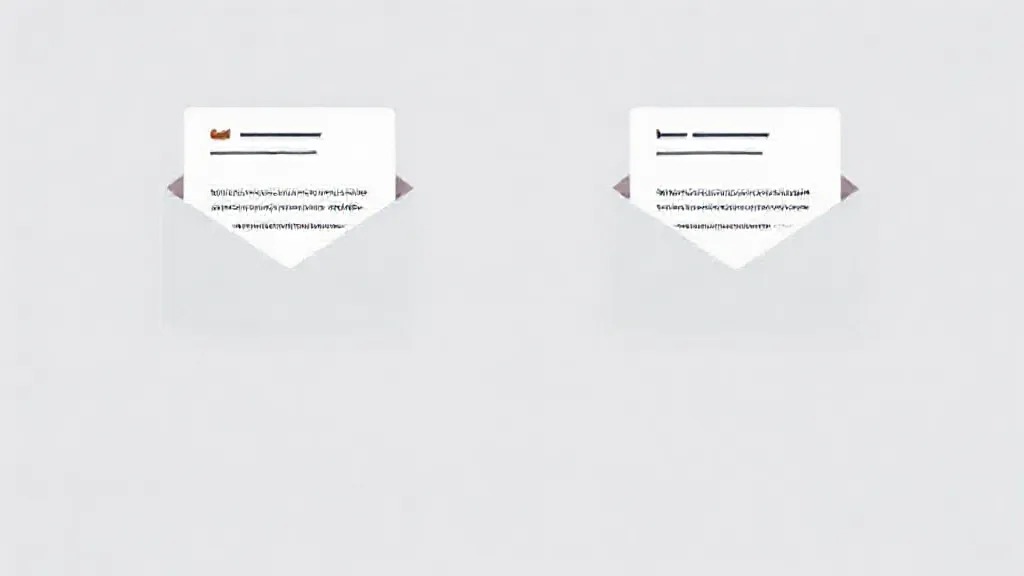Punctuation is often overlooked in the realm of digital communication, yet it plays a vital role in ensuring that messages are clear, concise, and convey the intended tone. In the context of emails, where nuances can be easily misinterpreted, proper punctuation becomes critical. This article delves into the significance of punctuation in emails, exploring its impact on clarity, tone, and professionalism, while providing practical tips for effective email communication.
The Role of Punctuation in Clarity
One of the primary functions of punctuation is to provide clarity in writing. In emails, where the absence of vocal tone and body language can lead to misunderstandings, punctuation marks help convey the intended message. For example, consider the difference between "Let's eat, Grandma!" and "Let's eat Grandma!" The first sentence invites Grandma to join for a meal, while the second suggests a rather gruesome scenario.
Such examples highlight how a simple comma can change the entire meaning of a sentence, underscoring the necessity of proper punctuation.
Establishing Tone and Emotion
Punctuation not only clarifies meaning but also establishes the tone of an email. The use of exclamation points can convey enthusiasm, while ellipses can suggest hesitation or uncertainty.
For instance, an email that reads, "I really enjoyed the meeting!" expresses excitement, whereas "I really enjoyed the meeting...
" may imply sarcasm or disappointment. Understanding these subtle cues can help writers convey their emotions more effectively, which is particularly important in professional settings where miscommunication can have significant consequences.
Professionalism and Credibility
In professional communication, the use of proper punctuation reflects attention to detail and professionalism.
Emails riddled with grammatical errors and improper punctuation can undermine the sender's credibility and lead recipients to question their competence. For instance, a job application email that lacks basic punctuation may give the impression of carelessness, potentially jeopardizing the applicant's chances of being considered for the position. Therefore, mastering punctuation is essential for anyone looking to make a positive impression in the workplace.
Common Punctuation Pitfalls in Emails
Despite its importance, many individuals make common punctuation mistakes in their emails. Misplaced commas, incorrect use of semicolons, and over-reliance on exclamation points are frequent errors that can detract from the overall message. For example, using a semicolon incorrectly can create confusion about the relationship between two independent clauses.
To avoid these pitfalls, writers should familiarize themselves with punctuation rules and consider proofreading their emails before hitting "send."
Cultural Considerations in Punctuation
Punctuation usage can also vary across cultures, which can lead to misunderstandings in international communication. For instance, while some cultures may favor direct communication, others may use more nuanced language and punctuation to convey politeness.
Understanding these cultural differences is crucial for effective cross-cultural communication, as misinterpretations can arise from differing punctuation norms. Writers should be mindful of their audience and adapt their punctuation accordingly to ensure their messages are received as intended.
The Evolution of Punctuation in Digital Communication
As communication has evolved with technology, so has the use of punctuation.
In the context of emails, traditional punctuation rules may sometimes be relaxed, with many individuals opting for a more casual style. However, this does not mean that proper punctuation is any less important. In fact, the rise of digital communication has made it even more essential to maintain clarity and professionalism.
Writers should strike a balance between a conversational tone and adherence to punctuation norms to achieve effective communication.
Practical Tips for Punctuation in Emails
To enhance punctuation skills in email communication, individuals can adopt several practical strategies. First, they should familiarize themselves with the basic rules of punctuation, such as when to use commas, periods, and semicolons.
Second, using tools like grammar checkers can help identify errors before sending an email. Finally, taking the time to read emails aloud can assist writers in catching punctuation mistakes and ensuring that their messages flow smoothly.
Conclusion: The Lasting Impact of Punctuation
In conclusion, punctuation is a critical aspect of email communication that significantly impacts clarity, tone, and professionalism.
By understanding the importance of punctuation and implementing effective strategies, individuals can enhance their email writing skills and foster better communication in both personal and professional contexts. As emails continue to be a primary mode of communication, mastering punctuation will remain an invaluable skill for years to come.
